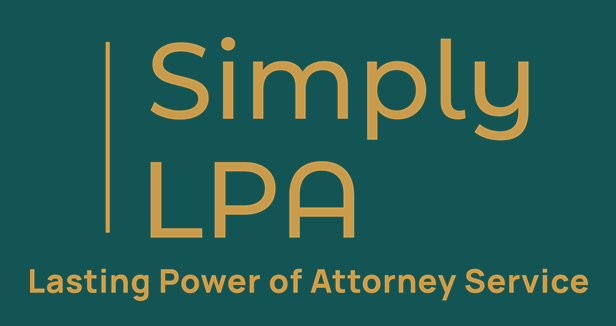Counseling Services for Alcoholism & Anger Management Maryland
Content
They were 36 abstainers and 40 relapsers at 1 year follow-up as well as the presence of significant difference were seen for relapsers group in relation to trait anger and state anger . The group who remained abstinent from the intake to follow-up differs significantly from the dependent group in relation to state anger and anger control out. The client’s high anger and low percentage of days abstinent at baseline was found to predict low percentage of days abstinent at follow-up.
- James now has the opportunity to do what he loves and help others achieve long-term recovery.
- Your loved one may be at the point where they have lost control over their drinking – which in turn means they have lost control on their anger.
- It’s because you’re not willing to feel those emotions, that anger and that hurt, and your energy is getting trapped.
- But in real life, a person who loses control of their emotions when they drink is anything but entertaining.
They may have poor coping skills for anger control whether or not they are drinking. A “crazy drunk person” is one who drinks excessively and frequently due to alcoholism. Because they’re naturally predisposed to be angry when they drink, this becomes a key part of their personality because they can’t control their drinking or their temper.
Getting Help at Lighthouse Recovery Institute
After detox, individuals suffering from co-occurring disorders often proceed directly into a residential treatment program where structured around-the-clock programming can help to manage both disorders. The journal Experimental and Clinical Psychopharmacology reports on studies showing that alcohol can increase aggression in both men and women, but more so in men. Alcohol impairs a person’s executive functioning, making it harder for them to think clearly and make rational decisions.
- When sober they may feel uncomfortable sharing their partner with their true feelings.
- Mark’s goal is to provide a safe environment where distractions are minimized, and treatment is the primary focus for clients and staff alike.
- If you have a problem with silently harboring anger, you may be likely to let it spill out while drinking.
- We have strict sourcing guidelines and only link to reputable media sites, academic research institutions and, whenever possible, medically peer reviewed studies.
- Furthermore, underlying mental health conditions might influence your trend towards angry outbursts.
Alcohol is a depressant substance, meaning that it helps to suppress some of the “fight-or-flight” stress reactions that anger can induce. Repeated alcohol abuse as a coping mechanism increases the odds for developing problems related to alcohol, however. It also raises the risk for negative consequences of outbursts related to explosive and uncontrolled anger.
How Soon Can I Get Care?
“If you carefully consider the consequences of your actions, it is unlikely getting drunk is going to make you any more aggressive than you usually are.” That trait is the Alcoholism and Anger ability to consider the future consequences of current actions. But people without that trait don’t get any more aggressive when drunk than they would when they’re sober.
How do you deal with mean drunks?
- Let Them Know What They're Doing. The first thing you should do is let the person know what they're doing and how it's affecting other people.
- Talk to Them When They're Sober.
- Keep Yourself Safe.
- Don't Leave Them Alone.
- Try to Get Them Help.
By seeking recovery for problems with alcohol and anger, you can work toward a more positive life. However, the anger management experts at Nugent Family Counseling Center want our patients to understand that some triggers and behaviors, including alcohol use or abuse, increase the risk of angry blow-ups. Sixty-eight percent of the dependent and abstainers’ perceived anger as negative emotion and 76% in control perceived it as negative. Majority of the dependent and abstainers attributed it to personal reasons .
If You Know You’re an Angry Drunk, What Can You Do?
The ‘reward system’ has evolved over many thousands of years as a way of encouraging us to keep carrying out particularly strenuous activities, such as hunting and mating. On a very basic level, if we didn’t derive some form of pleasure or satisfaction from these activities, why would we continue to do them? Your body builds up a tolerance to alcohol so you require more and more of it to feel the same effects. My life isn’t going to get better, I may as well drink/do drugs.
- Many of us got messages as children that it was not nice or it was not good to feel or express anger.
- Alcohol is a depressant substance, meaning that it helps to suppress some of the “fight-or-flight” stress reactions that anger can induce.
- It may be a great first step on the path to addressing how alcoholism has made you angry – and vice versa.
- Financial support for ScienceDaily comes from advertisements and referral programs, where indicated.
- This activates the stress response, which speeds up heart rate, respiration, and blood pressure, and increases body temperature.
Anger is typically defined as a strong feeling of displeasure, hostility, or annoyance. Someone with a drinking problem may seem to be in denial about their alcohol issue. Even with proof of ever mounting problems, they resist admitting the problem.
